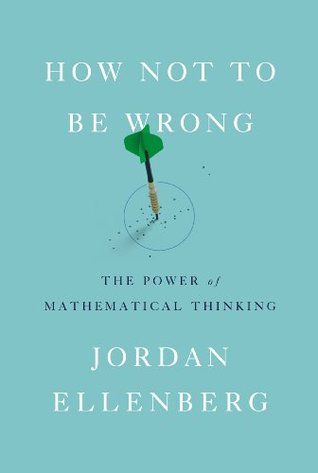More on this book
Community
Kindle Notes & Highlights
Read between
May 9 - June 8, 2020
To a mathematician, the structure underlying the bullet hole problem is a phenomenon called survivorship bias.
There is a proper measure in things. There are, finally, certain boundaries short of and beyond which what is right cannot exist”).
That’s how the Law of Large Numbers works: not by balancing out what’s already happened, but by diluting what’s already happened with new data, until the past is so proportionally negligible that it can safely be forgotten.
Dividing one number by another is mere computation; figuring out what you should divide by what is mathematics.
“succeeds once in giving,” but “rarely fails to give.”
“It takes a thousand men to invent a telegraph, or a steam engine, or a phonograph, or a telephone or any other important thing—and the last man gets the credit and we forget the others.”
I find the reality of mathematical research today—in which progress is obtained naturally and cumulatively as a consequence of hard work, directed by intuition, literature, and a bit of luck—to be far more satisfying than the romantic image that I had as a student of mathematics being advanced primarily by the mystic inspirations of some rare breed of “geniuses.”
“Citizenship in a Republic,”


